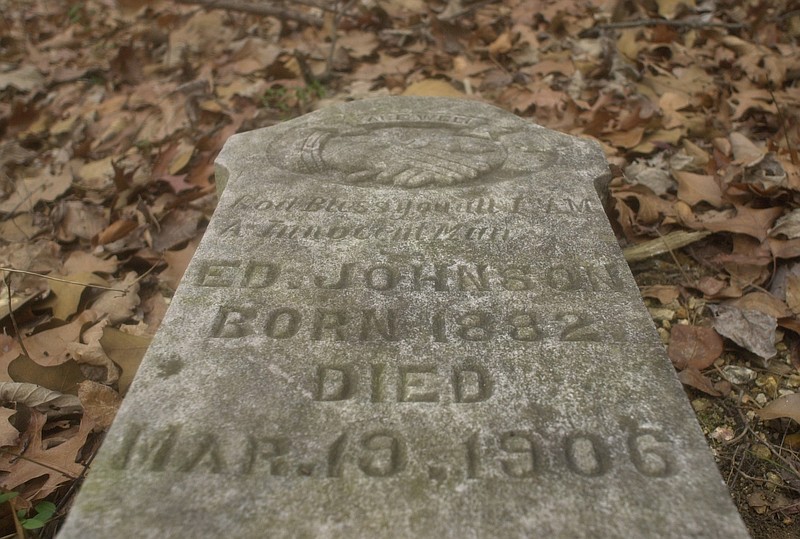There is a tragic, yet redemptive story, in Chattanooga's history that must never be forgotten. It involves the lynching of Ed Johnson on the Walnut Street Bridge on the evening of March 19, 1906.
Johnson, a 24-year-old black man, was accused of raping Nevada Taylor, a white woman, on Jan. 23 while she walked home from a streetcar stop to a cottage at Forest Hills Cemetery that she shared with her father, the cemetery caretaker. Taylor lost consciousness during the attack and remembered little beyond that her assailant was black and wrapped a strap around her neck.
The next day Johnson was arrested on reports that he had been seen the night before near the streetcar stop with a strap.
Ed Johnson was indicted by a grand jury on Jan. 26. To avoid a mob of angry citizens, Sheriff Joseph Shipp evacuated the accused to a Nashville jail.
Three days later without meaningful evidence, a Chattanooga jury convicted Johnson of raping Nevada Taylor. The judge set March 13 as the execution date. Johnson was taken immediately to a Knoxville jail, where he experienced a conversion to Christianity, asking forgiveness for his own sins as well as those of his false accusers.
In those times the state left executions in the hands of the local sheriff. Two days before the event, Sheriff Joseph Shipp asked Johnson for his last request. Prisoners would often ask to visit their mom one last time, play cards through the night or drink a bottle of bourbon.
Ed Johnson's request was different: He wanted to attend St. James Baptist Church. The sheriff refused that request for fear a mob might attack his prisoner, but he allowed the congregation to have a Sunday morning service at the jail, and more than 300 came.
Johnson requested the choir sing "There is Power in the Blood." After the sermon he announced: "I have something to say. I have a changed heart. I am ready to die. The change came over me all at once and I can't tell you how it was. Before the change, I hated the people who were against me. I couldn't eat and could only think of the arrest and the trouble I was in. I didn't want to talk or eat and didn't want to see anyone. All at once, I felt different. I didn't hate white people anymore. I pray every day for Miss Taylor. But I am not the one that did those things to her. I am not that man."
That afternoon, Ed Johnson was voted into the church fellowship and baptized in a bathtub. The Chattanooga Times reported that "some of the women fell prostrate to the floor and one of them apparently went into a trance."
Meanwhile, local black attorney Noah Parden met with U.S. Supreme Court Associate Justice John Marshall Harlan, who granted a stay of execution. The ruling infuriated white racists, who were convinced Ed was guilty. Several town officials (white) tried to restrain the crowd. The next day Sheriff Shipp left the third floor of the Hamilton County Jail holding Johnson and Ellen Baker, a white woman who was a bootlegger from Polk County, in the hands of one elderly jailer.
About 8:30 p.m. a mob stormed the jail and dismissed the jailer. Disregarding his keys, the group beat the locks with an ax and sledgehammer for the next three hours. Ellen Baker mocked Johnson as they heard the commotion on the first and second floors and ridiculed him with racial slurs. She reportedly said, "They are coming for you They are going to string you up."
The lynch mob took Johnson from the jail and hanged him with a rope strung over a beam near the south end of the Walnut Street Bridge. Once the rope broke, the mob riddled his body with bullets. For their roles, the sheriff and several others served short jail sentences.
The Chattanooga Times reported that Ed Johnson was calm that evening. He prayed and sang hymns that he learned as a child. Though illiterate, he knew the first four verses of the 23rd Psalm, which his mom read to him every night as a young boy. He recited the verses over and over and prayed as the mob had approached his cell.
His final words were, "God Bless you all. I am an innocent man."
Contact Greg Martin, the District 3 Hamilton County commissioner at countycommissionergregmartin@gmail.com.
